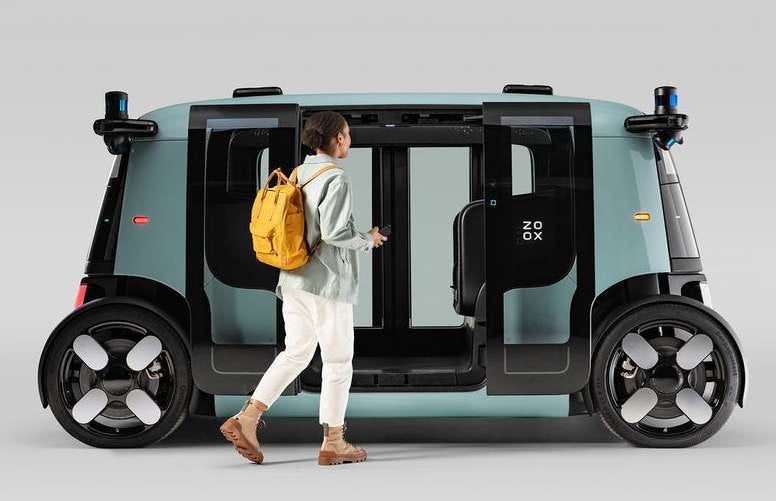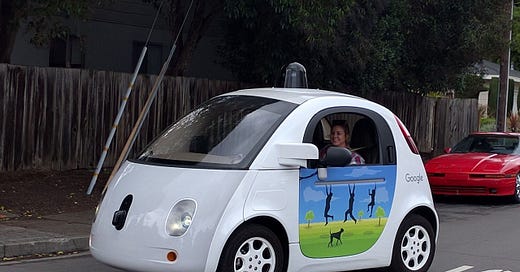Self-Driving Cars: Still a Bad Idea
I first wrote about self-driving cars in 2012 and had high hopes for the idea. After all, these cars would lessen congestion and lower traffic deaths, which hover around 33,000 a year in the United States alone. Since those early days, I’ve concluded that self-driving cars are so disruptive to society that they should be illegal.
There is no way cities and municipalities, especially larger cities, could manage the revenue streams once the full effect of self-driving cars takes its toll on the car-related income of these cities.
A world of self-driving cars would disrupt every aspect of today’s life. Let’s look at these one by one. This is what the world would be like if self-driving cars took over.
Nobody would own a car. Instead, a ride-sharing system would take over. What would be the point of ownership when you can call up a ride and save money on gasoline and parking? Since you do not own a car in the first place, all your insurance costs, maintenance, and car payments are now zero. This also means an end to giant car lots and large dealership buildings paying taxes on the property. The used car market would also be kaput. Decentralized car repair systems and shop would disappear. Same with body shops. All gone. Jobs lost, taxes lost.
While giant ride sharing fleets would blossom and take back some of those jobs, most would be lost and specialty knowledge would disappear in the process. But let’s focus on the jobs lost in the towns and cities. San Francisco, for example, collects between $100-150 million in parking meter and parking ticket income. This would disappear, too.
Parking lots and parking structures would no longer be needed. The income generated there would evaporate as there’d be no reason to park except for short periods between rides (and that can be minimalized by scheduling software so a car is always on the move).
These cars would all be electric, eliminating the approximately 111,000 gas stations that employ close to one million people. These would be replaced by recharging centers run by the fleets of cars servicing the public. The efficiencies of such an operation would eliminate most of the jobs, reduce taxes, and be outside of most city limits to avoid more taxes.

You can see where this is heading. By the time the cities figure out a way to make up for lost revenue with various use or excise taxes (or jacking up property taxes), it will be too late. They will be saving some money by eliminating a lot of traffic police and meter maids, but again you have more lost jobs.
And when you factor in high paying truck driving jobs being completely eliminated by self- driving trucks, you start to see people fall from prosperity to poverty.
No good will come of this. And when you consider unintended consequences, which we have yet to even imagine, these cars are a financial and sociological disaster waiting to happen.
The good news is that the technology is beginning to look like handwriting recognition or voice recognition. These technologies get to 95-99 percent accuracy but never turn the corner to perfection. Even OCR software cannot be 100 percent accurate. The cars will have similar software failures, but this kind of failure is life-threatening.
Compound that with normal vandalism. All it takes is a fake “Speed limit 100 miles-per-hour” in a business district to see the effects.
And finally there are hackers. Most of the modern streets that these cars will be driving on will be networked via some form of WI-fi. That will mean the car will have an IP address and be on the network. Our society cannot even stop ransomware attacks on hospitals and businesses. Who knows what sort of disaster these networked cars will create? What opportunities will crop up for hackers and modern e-criminals?
Except for saving lives, which can be done in other ways, there is nothing positive about these cars except to get drunks home . Oh, and yes, expect a huge increase in alcoholism that you can attribute to these cars. It’s all bad.
Push back when it comes up in conversation. --jcd
April 20, 2021



